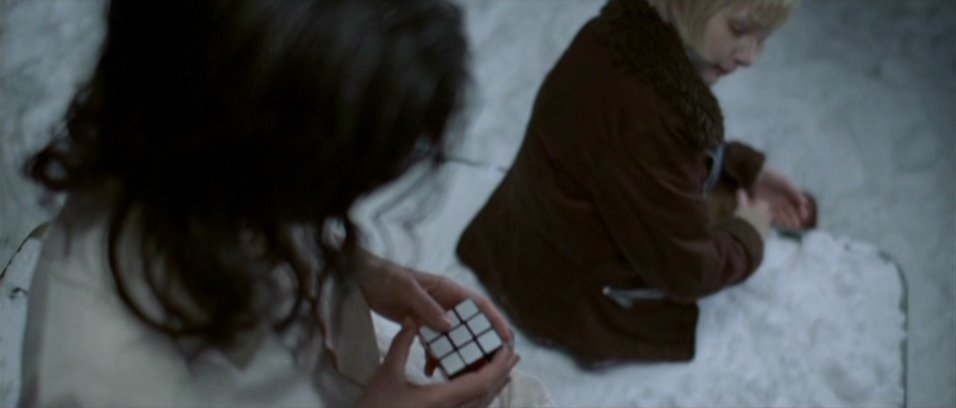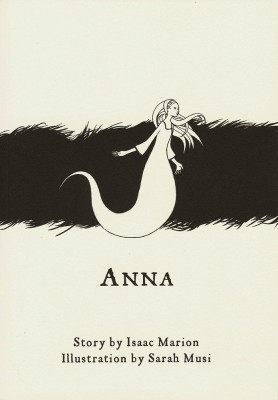Date Read: 9.24.07
Book From: Personal Collection
Reviewer: Kakaner
Summary
Stalking Tender Prey sets the stage for an epic trilogy by introducing the intertwining stories of the Grigori (fallen angels) family line which begin in a little countryside town, Lil Moor. Certain people in Lil Moor discover latent psychic abilities and the arrival of a traveling Grigori triggers a cascade of events that uncover the Grigori roots of Lil Moor. (First book of the Grigori Trilogy)
Review
Unfortunately, this book, and subsequently trilogy, pales in comparison to Wraeththu and the Magravandias trilogy. I’m a little bit surprised because Constantine has plenty of material to work with and sets up a rich landscape and sophisticated characters, but fails to do much with them.
I’d say the best point of this book was the character development, what I believe is consistently one of Constantine‘s strengths. Constantine somehow (I wouldn’t say masterfully) uses dialogue, subtle nuances of action, and atmosphere to create enchanting characters, who whether by their own self-realizations or due to the fantastical circumstances of their current lives, develop in amazing ways. Also unlike Wraeththu and Magravandias characters, each of the ones in Stalking Tender Prey seem to be shrouded in this veil of impenetrable mystery, and unfortunately I haven’t been able to quite grasp or connect to any on a personal level.
However, there was just about… no plot. The only plot that moved was a recurring flashback that mainly consisted of character develop of the Grigori traveler. Well, maybe “no plot” is a bit harsh, but the novel was basically a stagnant story about this little town in which nothing happens. Nevertheless, there was a climax and sex with a cat. Judging from this book, there is plenty of potential for the second book with respect to characters and plot threads, so I am still excited.
Go to:
Storm Constantine

